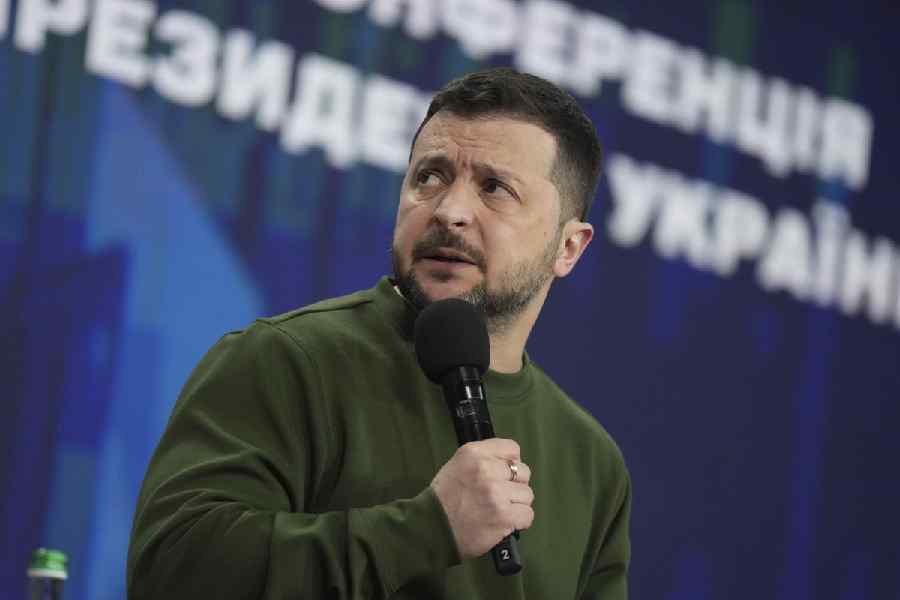As Russia’s war on Ukraine grinds on in its third year, a parallel diplomatic battle on how to bring peace to Ukraine is also gaining steam. In June, Switzerland will host a peace summit requested by the Ukrainian president, Volodymyr Zelensky, following discussions with the wealthy Group of Seven nations, the European Union and a range of other nations, including China, India, South Africa, Brazil, Ethiopia and Saudi Arabia. Since last year, China too has been pushing its own peace proposal to end the war in Ukraine. Earlier this month, the Russian foreign minister, Sergey Lavrov, backed China’s plan as the basis for potential negotiations while criticising the Swiss summit as a Ukraine-backed effort that Moscow would not support. Russia is not expected to participate in the Swiss conclave. At the same time, the United States of America, its Western allies and Ukraine are unlikely to accept any peace plan that suggests that they too are in any way responsible for the crisis. The Chinese proposal argues that any sustainable peace needs a security architecture for Europe, including Russia and Ukraine, that takes into account the concerns of Moscow in addition to those of Kyiv and other capitals. While China has officially said it is neutral in the war, it has been Russia’s biggest diplomatic and economic lifeline since Moscow’s troops invaded Ukraine in February 2022.
Meanwhile, Ukrainian diplomats and leaders have been visiting multiple nations and talking to world leaders to build support for the Swiss summit. Ukraine’s foreign minister, Dmytro Kuleba, visited New Delhi last month for talks with the external affairs minister, S. Jaishankar, where he tried to convince India to send a delegation to the conference. While India has consistently called for dialogue and peace in Ukraine, it has not publicly committed to any specific approach towards negotiations. In many ways, India’s position captures the dilemma of the world today: with the war in Gaza, mounting tensions between Israel and Iran, and a spate of major elections this year, the demand for peace across nations is growing. Both the Swiss proposal and the Chinese plan point to that. Mr Lavrov’s comments on the Chinese proposal and Mr Kuleba’s talks with members of the global fraternity, including the New Delhi visit, show that both sides recognise that global mood. But deep, entrenched divisions over the way forward are holding back prospects of peace. With 'compromise' a bad word, the Russia-Ukraine conflict risks turning into a forever war.










